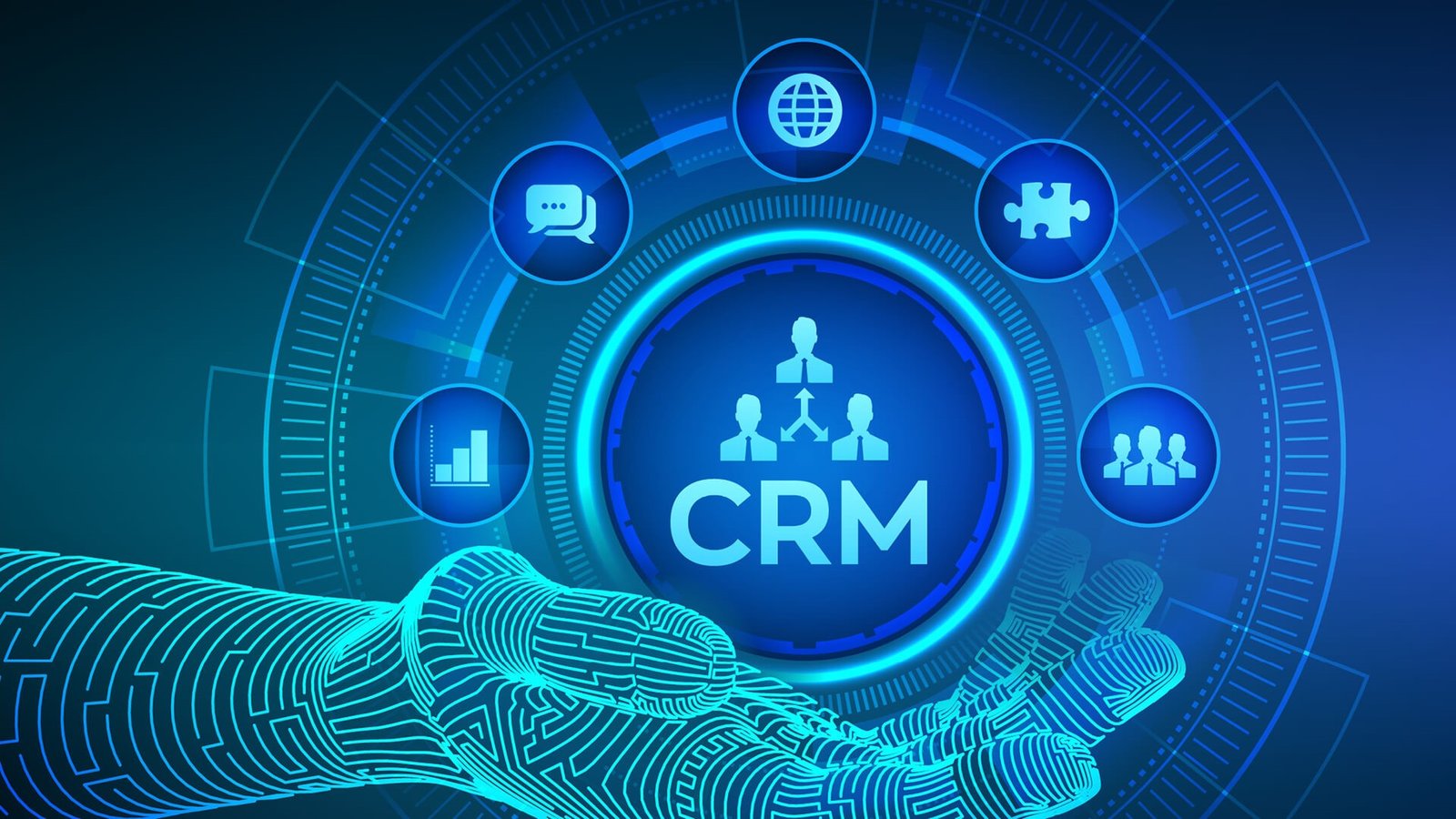
Here are 15 key benefits that Customer Relationship Management (CRM) systems provide to businesses: 1. Improved Customer Relationships A CRM system centralizes all customer information, allowing businesses to better understand...

Here are 15 key benefits that Customer Relationship Management (CRM) systems provide to businesses: 1. Improved Customer Relationships A CRM system centralizes all customer information, allowing businesses to better understand...
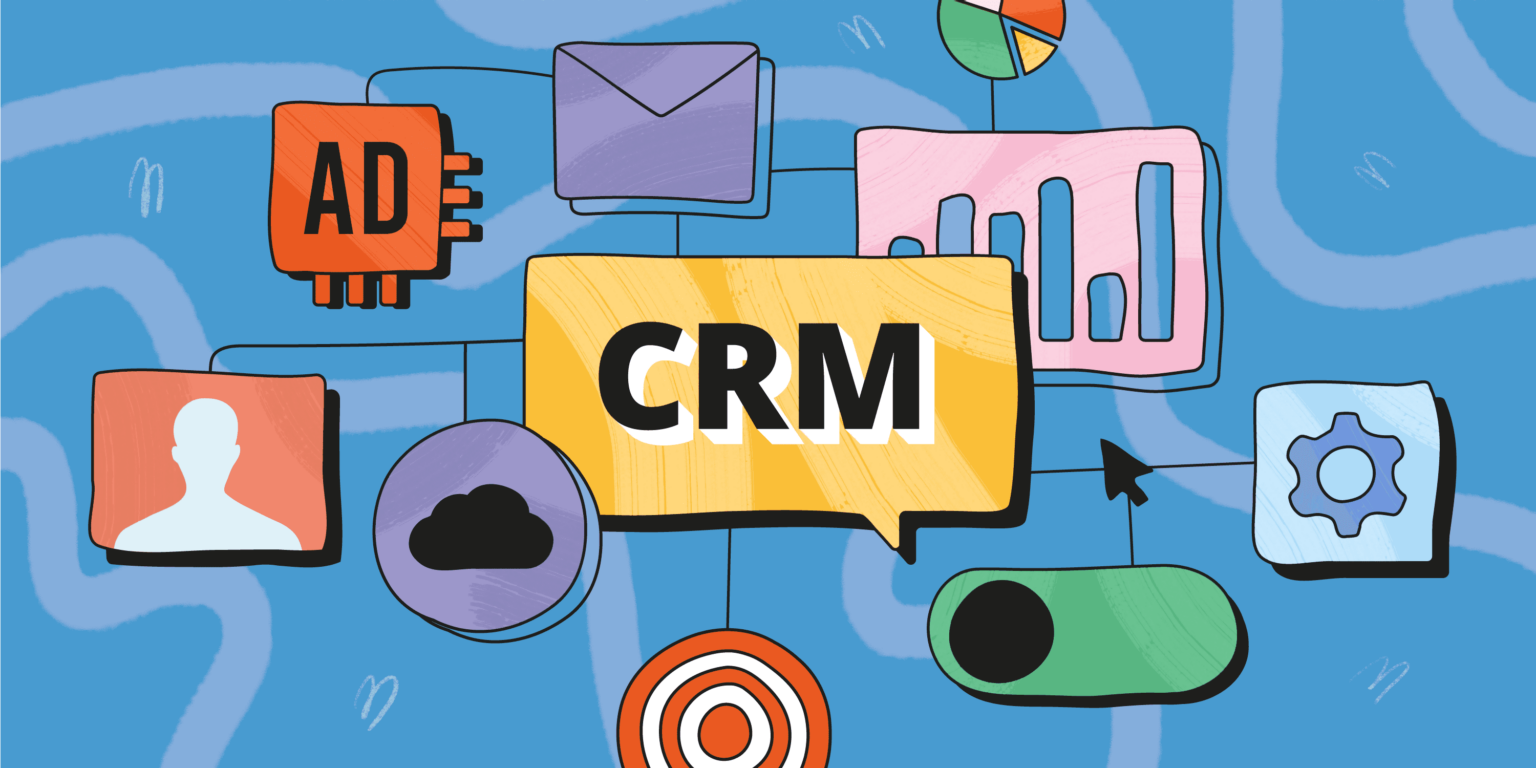
While many CRM systems on the market focus on enterprise companies, there are also a number of startup-focused CRMs tailored to the needs of young, small, and/or rapidly growing businesses....
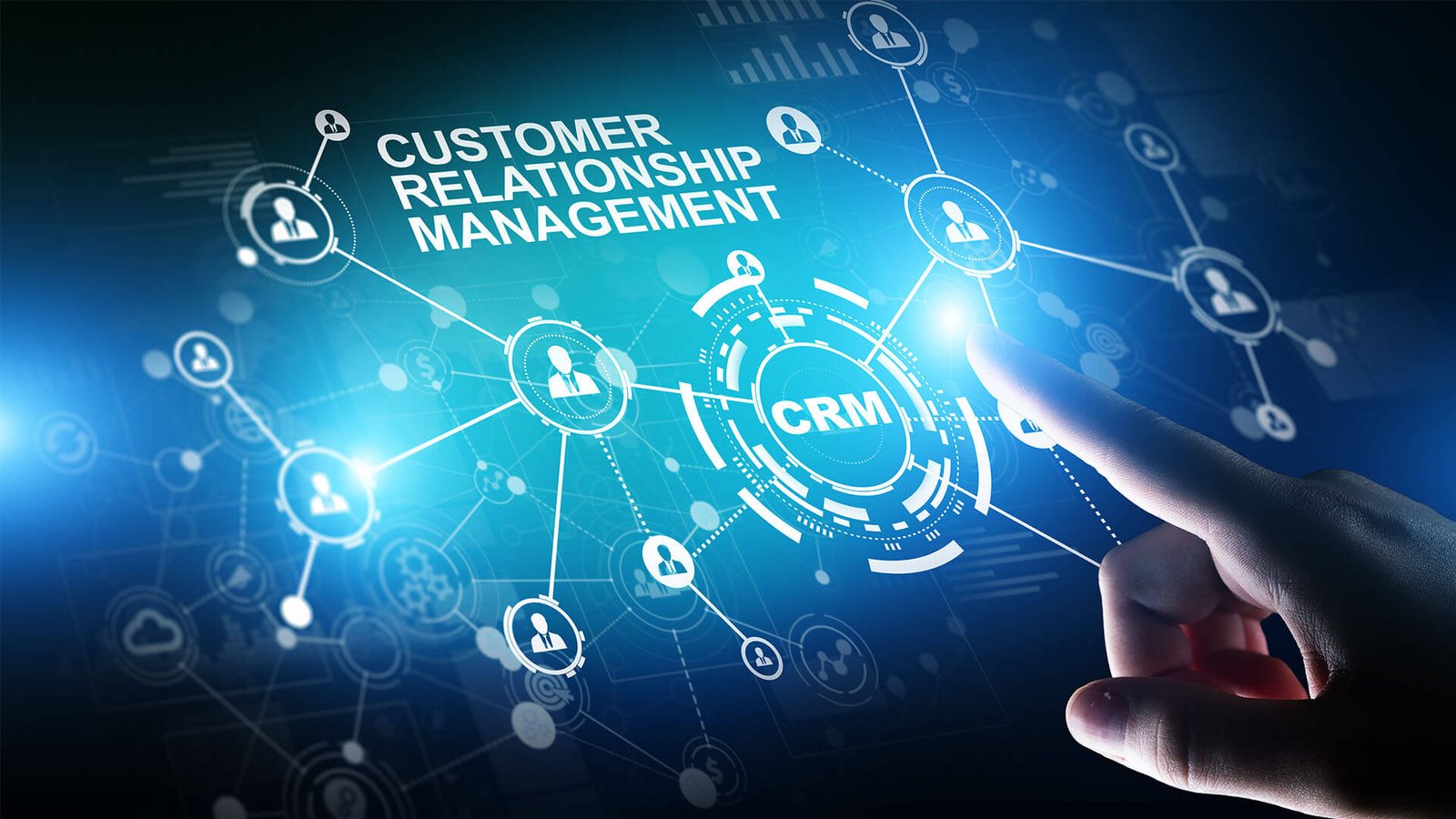
Lead Capture Automation:CRMs integrate with websites, landing pages, and social media to automatically collect and organize leads, ensuring no opportunity is missed. Targeted Marketing Campaigns:Use customer data to segment audiences...
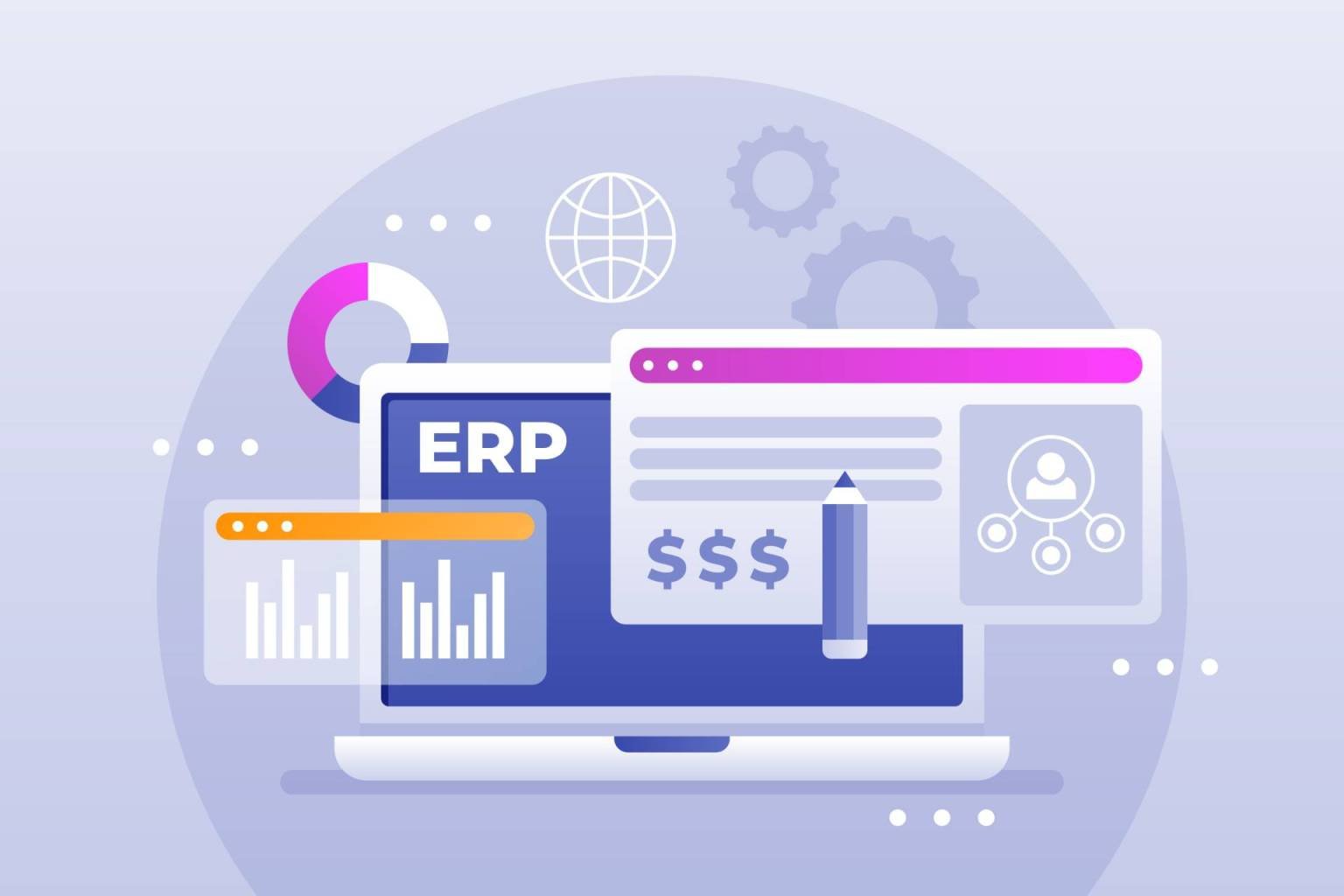
1. Microsoft Dynamics 365 Best for: Enterprises seeking deep integration with Microsoft tools Highlights: Modular architecture, seamless integration with Azure and Office 365, AI-driven insights, and scalability across industries ....
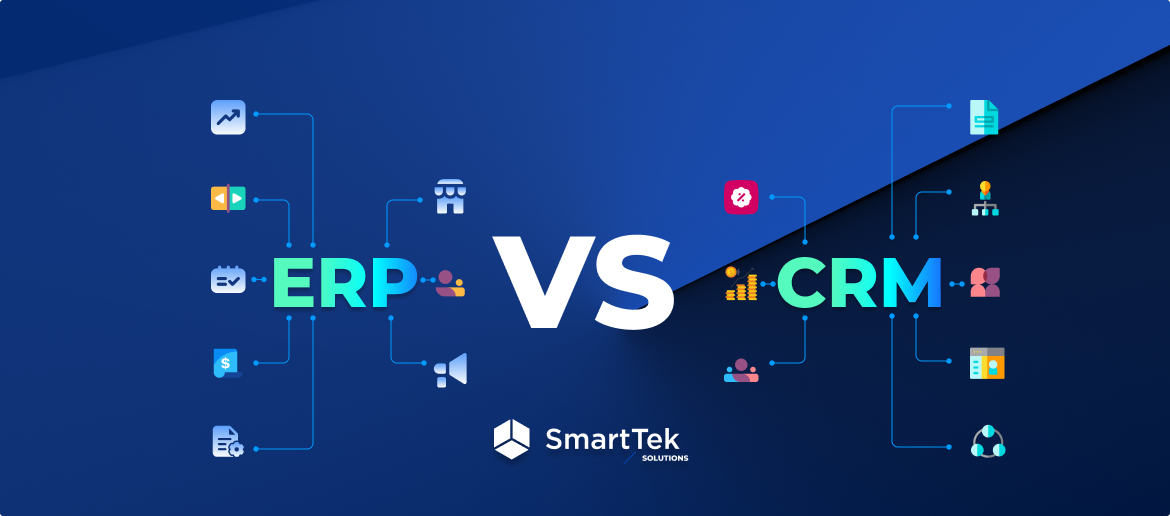
⚖️ ERP vs. CRM: Know Their Individual and Combined Strengths Both ERP (Enterprise Resource Planning) and CRM (Customer Relationship Management) systems are essential tools for managing and growing a business....
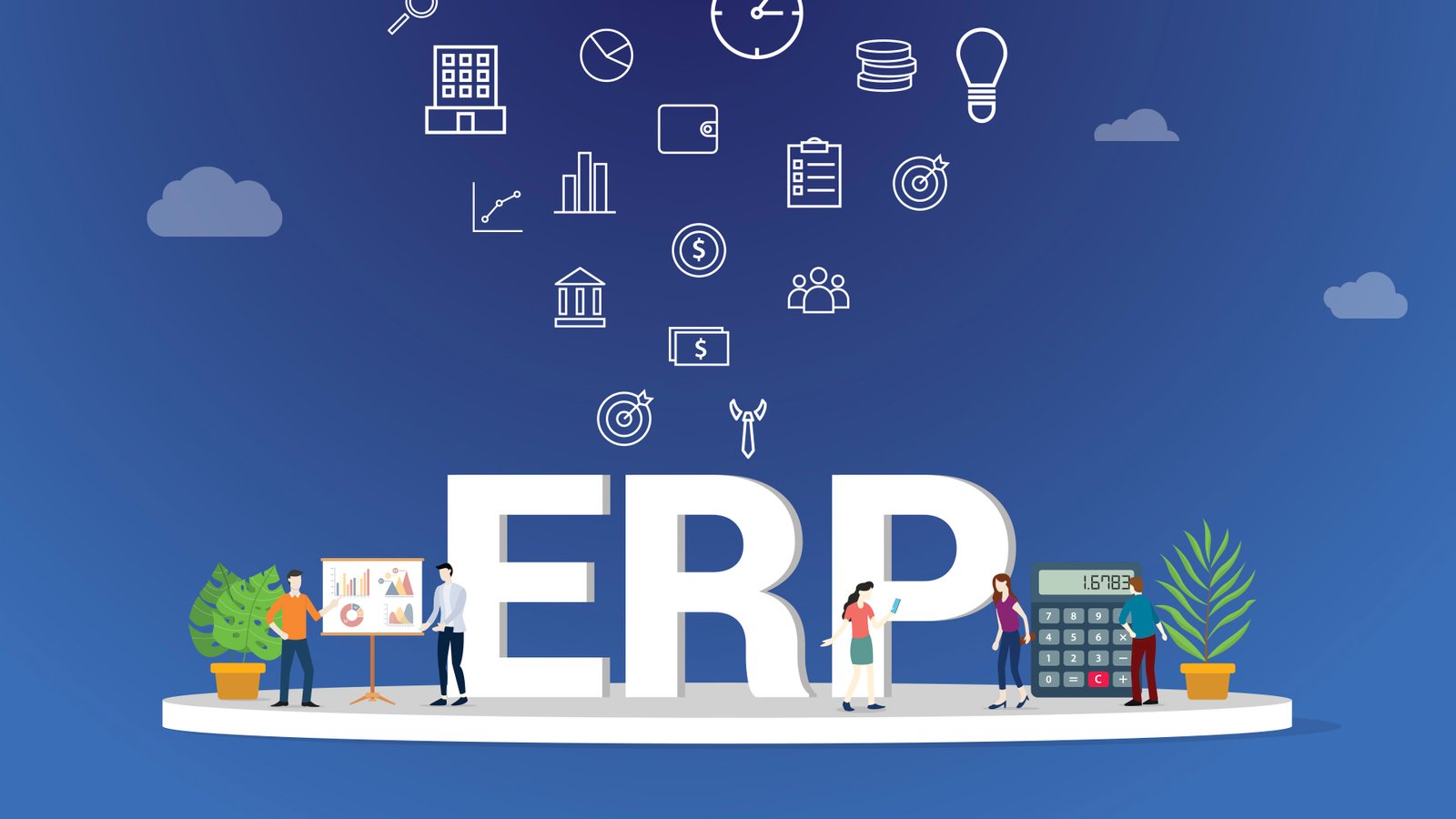
1. Centralized Data & Unified View of Operations ERP systems consolidate all your data—sales, inventory, finance, HR—into one platform. Benefits: Real-time access to accurate, up-to-date information Eliminates data silos between...
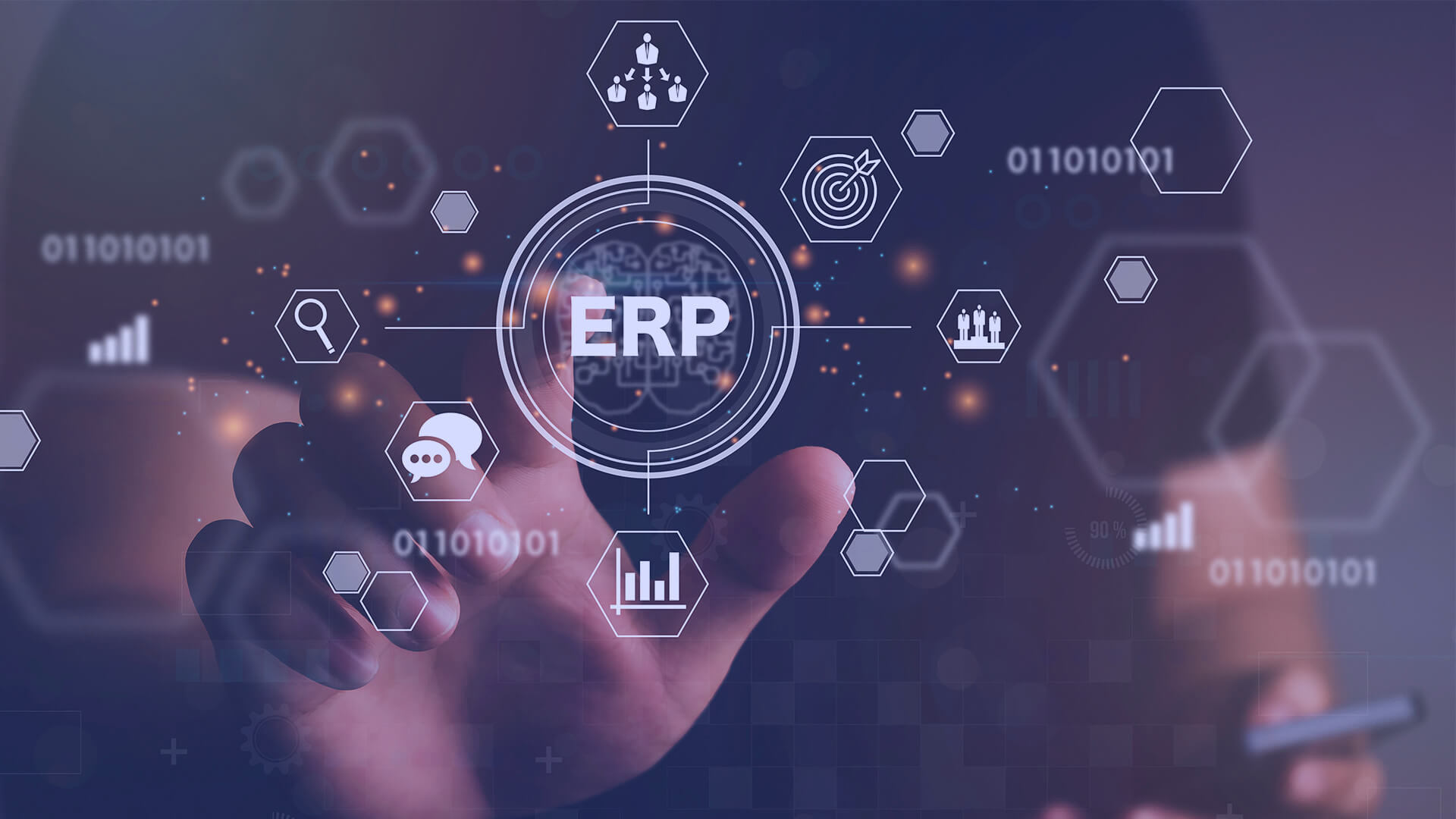
1. Disparate Systems and Data Silos If your departments (e.g., sales, finance, HR, inventory) are using separate software or spreadsheets and don’t communicate well, it leads to inefficiencies and data...

What is ERP Software? ERP software is a business management platform that unifies essential operations into a single, cohesive system. These operations include accounting, employee management, stock control, logistics, production,...


